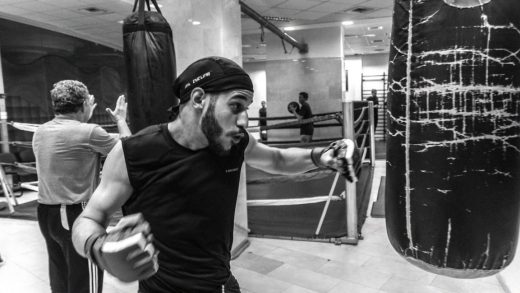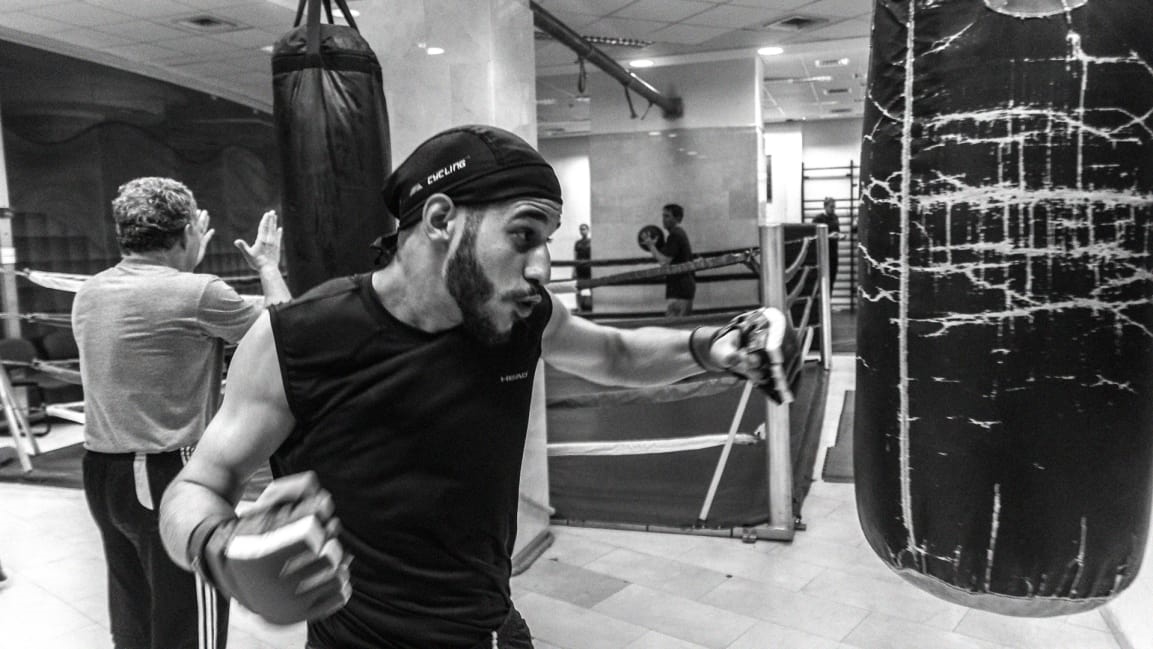What non-contact boxing can teach you about career and business
Several years ago, I found myself frequently debating with leaders and teams about the merits of a metaphor: Are our work lives marathons or sprints?
What I eventually realized, however, is that they are neither. A marathon gives off the impression that work is a slog we have to push through. A sprint leaves us out of breath and energy pretty quickly–although some have argued that the analogy was supposed to instruct us to perform sustainably. After all, we need time to recharge if we want to perform.
Lately, I’ve been likening work life to non-contact boxing. The sport trains us to confront conflict and complexity with maximum impact and minimal harm–a more apt metaphor for what it takes to be a great colleague or leader today. Here are the reasons why:
Boxing teaches you how to deal with internal conflict
When clients approach me, they generally think the problem is other people, but end up resolving a conflict with themselves. When part of them isn’t in alignment, they end up clashing with colleagues.
At work, these days, many of us feel fearful and angry–whether we’re dealing with a competitor who is disrupting our industry, or we’re the ones doing the disrupting. We are exhausted, and negative emotions, such as outrage, intensify as a result.
Boxing happens in rounds, so you’re forced to take a break to pause, reflect, rest, and recover. Boxing is also intrapsychic. You are your toughest opponent.
When I coach executives for a “fight” against colleagues (such as a negotiation), I employ a metaphorical mirror. Regardless of whether we are prone to fight or flight, flop, freeze, or friend, we’re fighting against ourselves. In boxing, to get out of our own way, we need to move swiftly (“fast feet”), block ourselves for protection, slip out of the way of what is coming, and weave to avoid mistakes we’ve made before.
We can train our reflexes so that behaviors that serve us best are more automatic. When we activate all of our senses, including intuition, we equip ourselves to recognize when we’ve been here before. In business, as in boxing, pattern recognition connects us to the past even as we cultivate a capacity to stay present and alert to a possible future.
Boxing also teaches you how to fight with an opponent
Stress can compel us to react in a negative way. But boxing lets us cultivate a healthy defense. We learn to be agile, and we adopt a bouncy stance. This prevents us from getting hit when we’re in danger, particularly in instances when attacking or running away is not ideal.
In life, danger can come in all sorts of forms, and the appropriate response will vary across instances. Boxing teaches us when we need to slip away from a situation, when we need to (forcibly) advance, or defend ourselves.
Because boxing requires us to learn a sequence of moves that become automatic, it allows us to add value with our whole brain by switching between the Task Positive Network (task-focused, more left-brain or tactical, analytical) and Default Mode Network (unfocused, more right-brain or big picture, creative). Both modes are essential for leadership and business success.
It’s more than a metaphor
You might be wondering, what does it matter which sport we use to conceptualize success our working lives?
In neuroscience, neural circuits that function to fulfill one purpose sometimes fulfill another. This process, called neural reuse, is an effective tool for learning and a fast track to meaning at work.
A strong metaphor can act as an effective reminder for our brain. We’re living in an era and a political climate in which aggression (including gender discrimination, racism, and other human rights violations at work) is all too common. It is natural, but not helpful in all situations, to assume a role of victim, perpetrator, or savior. Non-contact boxing offers us agency and flexibility, and trains us to adopt a growth mindset.
Yes, we need stamina. Yes, we need breaks. But we also need a regime that keeps defenses healthy and maintains strength and courage to optimize our performance when we do put ourselves out there. Sure, we might miss some punches in the process, but we’ll do so with grace, and we’ll also learn to hit our targets with accuracy, speed, and power.
Dana Bilsky Asher, PhD, is the founder of RELATED ExPERIENCE (Rx), a culture strategy and leadership development consultancy focused on relational leadership. Follow Rx on Facebook, Twitter, and LinkedIn.
(71)



